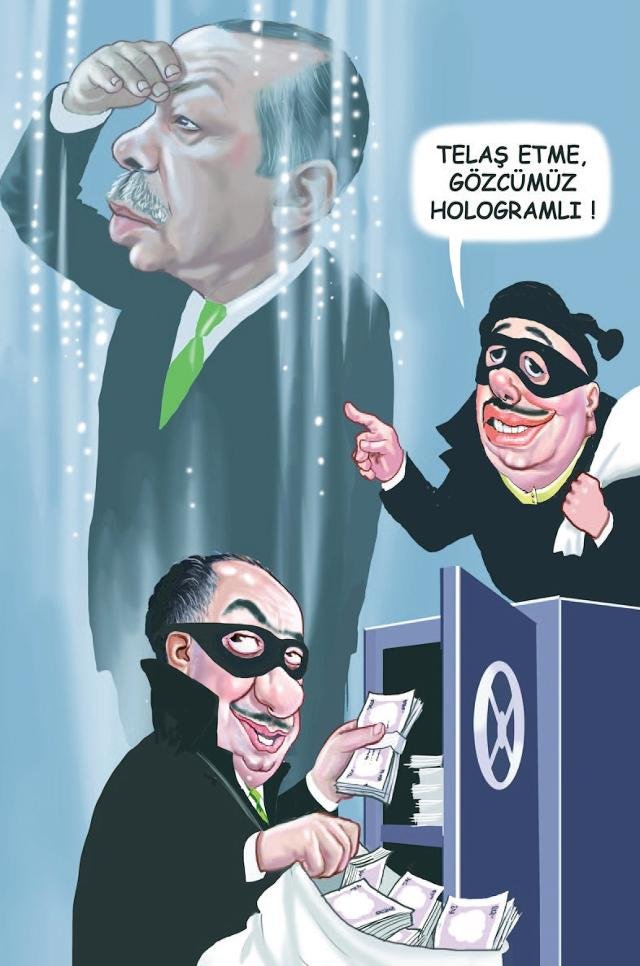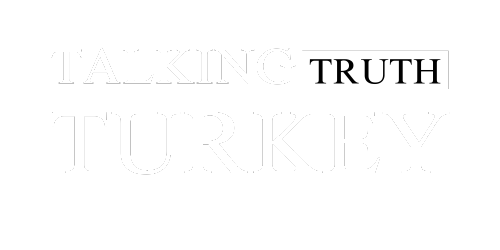
According to Dr Oyvat, the strong GDP growth Turkey experienced over the last decades was not “even sustainable” in the first place.
Some of this is due to deeper structural issues, such as Turkey’s large current account deficit, meaning it imports more than its exports, yet something else is at play: interest rates.
When economies grow rapidly, interest rate rises are often used by central banks to cool down the economy. They do this by increasing the cost of borrowing money, which reduces economic activity.
In Turkey, however, the opposite has happened. Interest rates have been kept very low by the Turkish Central Bank, leading the economy to spiral out of control.
Low-interest rates are largely due to President Recep Tayyip Erdogan’s “unorthodox” understanding of monetary policy, claims Ash.
In the past, Erdogan won elections by flooding the economy with cheap money, he said. “But ultimately there is payback.”
Turkish officials are aware of what is happening and have repeatedly criticised the status quo.
Unlike in most other advanced economies, the central bank of Turkey is not independent of the government, meaning it is difficult for them to address the problem.
Making matters worse, Erdogan has dismissed multiple finance ministers and heads of the central bank “essentially for standing up to him” and challenging his unconventional policies, according to Timothy Ash.
“Erdogan blames everyone else,” he told Euronews. “He has a team of people around him who are yes men. They don’t tell the truth to power. It’s like the Emperor’s New Clothes.”
A centralisation of power in the hands of the Turkish president is at the heart of this issue.
